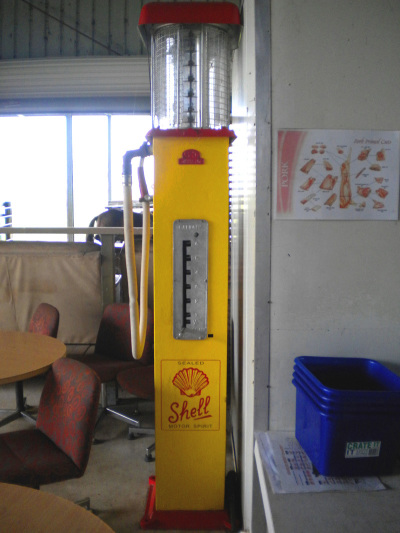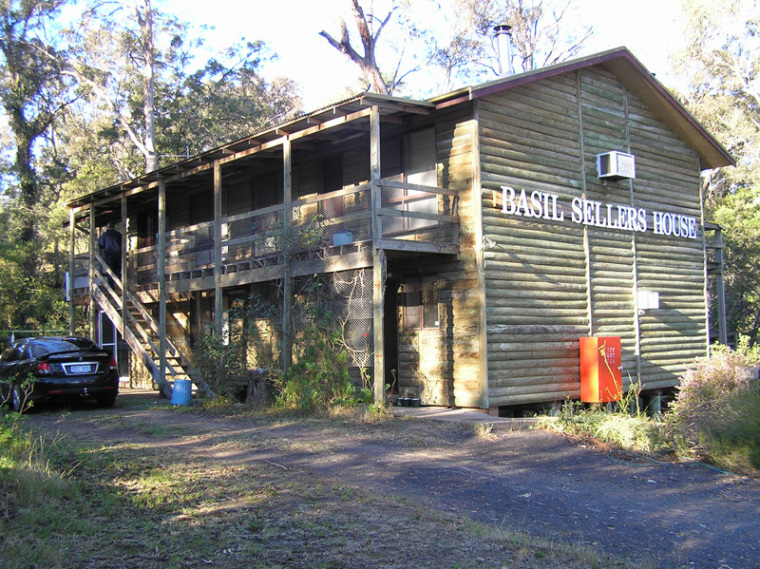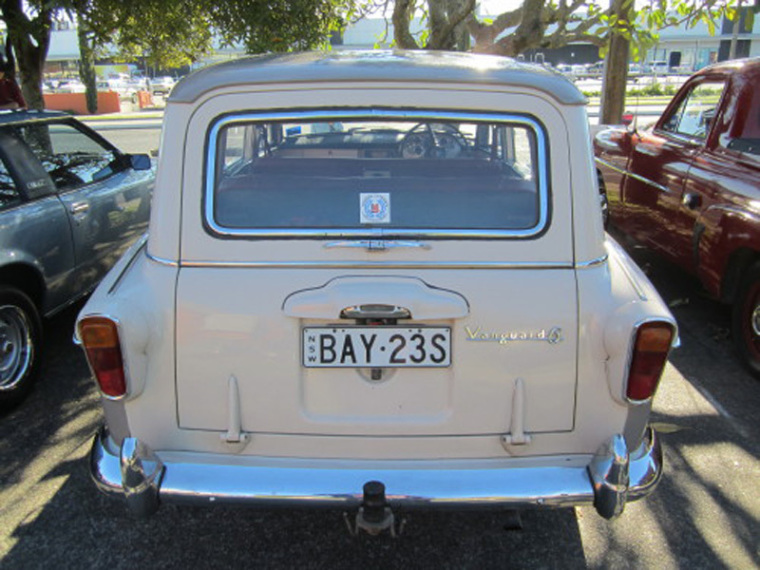
We do a major clean up every few years – what, in Australia refer to as a spring clean regardless of what time of year it is.
A recent News.com article reveals the story of a couple who realised they had way too much stuff - they had spent over-the-top on clothes, had a reality check, got rid of it all except the bare essentials and went walking.
Giving away about $10,000 worth of stuff to reduce her possessions to a box of sentimental mementos and a backpack of clothes, writer Erin Van Der Meer, 27 says the experience was liberating and when she eventually resettles into a more permanent lifestyle, she'll approach furniture, fashion and other belongings differently.
Van De Meer wishes she could get all those spent dollars back - $30 for a book or $100 on a dress didn't seem like a lot at the time, and wonders why she had so much stuff in the first place.
The article went on to speak of Joshua Fields Millburn, 34, who started The Minimalists with his friend Ryan Nicodemus in 2010, after realising that their six-figure salary jobs and constant consumerism wasn't making them happy.
Other notations in this article give chapter and verse of common-sense suggestions to get into the act of reducing your stuff even quoting that households in America have on average 300,000 items of stuff.
Young writers example
One of our Press Service International Sydney young writers promoted on their Facebook page how three of them were heading to the markets with a stall - to sell five years of accumulated label items of clothing.
After a behind the scenes quiet enquiry, they didn't do as well as they thought they might have. The hilarious part was that they failed to mention in their promotions the 'unmentionables' – perhaps the fear of a riot put them off.
But this one example illustrates there is a trend happening across the board, both within the wider society and within Christian circles. Daughters should be aware of such manifestations in their homes growing up as dad's are well known for wearing their favourite items to death.
My dad joke about young women's fashion jeans is that they pay a huge amount money for jeans with labelled 'tears' and 'cuts' across and down each jean's leg whereas me and my mates' jeans have such tears and cuts without really trying – simply worn out. They are comfortable, well worn, good friends, wonderful memories – why update?

C4th White Martyrs
This historical period of the first five centuries of the Christian Church saw persecutions that resulted in two bodies of Christian communities.
Those who yielded to the Roman cause and then maintained the leadership of churches after the persecution ended, and those those who suffered for their faith by standing for Christ and left out in the cold by the 'continuing' church.
So many were left out in the cold that they removed themselves and their families to more deserted areas and re-established communities and their own style churches. They put aside the wealth and affluence of their former church situations to start again following the example of the disciples.
The problem was that as these communities grew with well meaning Christians, so too did the need for 'all the extras', in effect, function according to the municipal orders a community to work. So the cycle began all over again. These people and their communities have been referred to as the White Martyrs of the 4th Century.
They lived simple lives. Minimalist ideologies on clothing, housing and stuff but rich in Christian living and spiritual goals. The American Amish, the Mennonites and that plethora of similar theocracy type living over the past three hundred years have been coloured as philosophical heirs.
A genuine theology
Nonetheless there is a legitimate theology for living without excess of 'stuff' – many Christians today have made deliberate decisions to live more carefully and create ways of spending less on items such as clothes, material possessions and the like.
The 40 Hour Famine comes out of this ideology but to a charity level, do without of some of these 'extras' for 40 hours for a good cause.
Others have taken it further to live more frugally or take steps not to spend money on unnecessary items or spend less money purchase by the choice of brand or paying less and choosing a different item that does a similar job.
One of our young writers is part of the H20 October program where you drink nothing but water – no coffee, no tea, no alcohol, no fizzy drinks, no soft drinks...
Whatever your situation in this mix for the cause of Christ, there is a clear and unmistakable trend, and that is to a more straight forward mode of living and for many this means, having more money to give to missions and the Lord's work.


Dr Mark Tronson - a 4 min video
Chairman – Well-Being Australia
Baptist Minister 45 years
- 1984 - Australian cricket team chaplain 17 years (Ret)
- 2001 - Life After Cricket (18 years Ret)
- 2009 - Olympic Ministry Medal – presented by Carl Lewis
- 2019 - The Gutenberg - (ARPA Christian Media premier award)
Gutenberg video - 2min 14sec
Married to Delma for 45 years with 4 children and 6 grand children